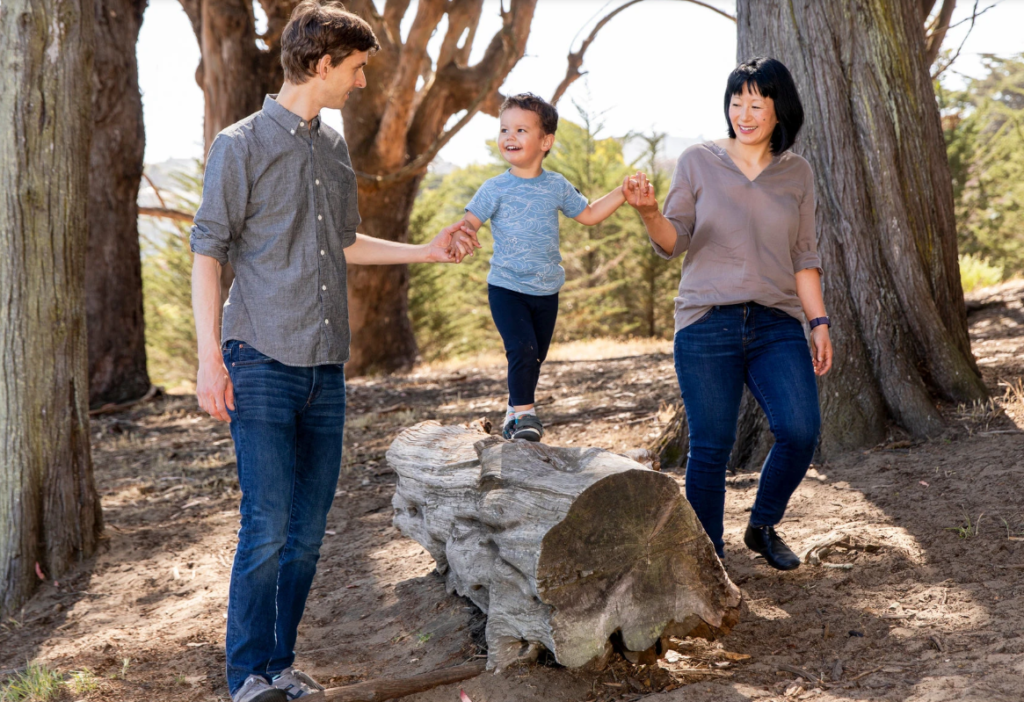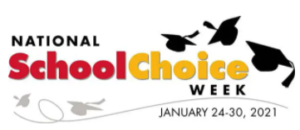
 Moviegoers learned in “Star Trek II: The Wrath of Khan” that Capt. James T. Kirk was the only cadet in Starfleet history to beat the training exercise Kobayashi Maru, created as a no-win scenario to test leadership and decision-making.
Moviegoers learned in “Star Trek II: The Wrath of Khan” that Capt. James T. Kirk was the only cadet in Starfleet history to beat the training exercise Kobayashi Maru, created as a no-win scenario to test leadership and decision-making.
Born with a rebellious streak that gained him the reputation as Starfleet’s resident troublemaker, Kirk reprogrammed the simulation so he could win. In effect, he changed the rules.
That sounds a lot like what some parents did last summer when the coronavirus pandemic handed them what seemed like a no-win scenario: Keep their kids online and risk having them fall behind academically or send them to brick-and-mortar campuses struggling to meet federal safety guidelines, putting them at risk for contracting a potentially deadly virus. In some parts of the country, campuses remained shuttered, leaving even fewer choices.
Instead, those parents changed the rules. Social media groups sprang up to support pandemic pods, a form of homeschooling in which small groups of students meet together under adult supervision to learn, explore and socialize.
Many families began rotating pod duty or paying teachers to provide in-person instruction in homes or in rented spaces. That led to criticism that the pods, also referred to as co-ops or micro-schools, with critics charging that pods favored families of privilege and shut out those without the means to engage.
One veteran principal of a Northern Virginia elementary school called the sudden push for pod learning “shocking” and likened it to the development of charter schools, only at a faster pace. Some bureaucrats attempted to shut things down by trying to regulate the pods, while some school districts barred their teachers from participating even though those teachers were participating on their own time.
But some cities, like Orlando, responded by setting up their own pod arrangements at community centers for lower-income students to access their district’s online classes and while receiving in-person support from adult staff and volunteers. Also on the plus side: teachers, some of whom were frustrated with traditional learning models or wanted the chance to be more creative in their instructional delivery, saw opportunities.
Some educators even saw a chance to earn more than they were earning in traditional schools in the process.
Despite the challenges, pods and other innovative learning arrangements have thrived as the pandemic drags on. The question is, are they the final frontier? Many experts predict innovation will continue into the future as more families come to expect choice.
In at least one state, legislators are responding to the demand for flexibility and innovation. Florida lawmakers during this year’s legislative session will consider a bill that would give parents greater control by expanding educational savings accounts.
If the bill passes, Florida parents will have the opportunity to boldly go where no one has gone before.


